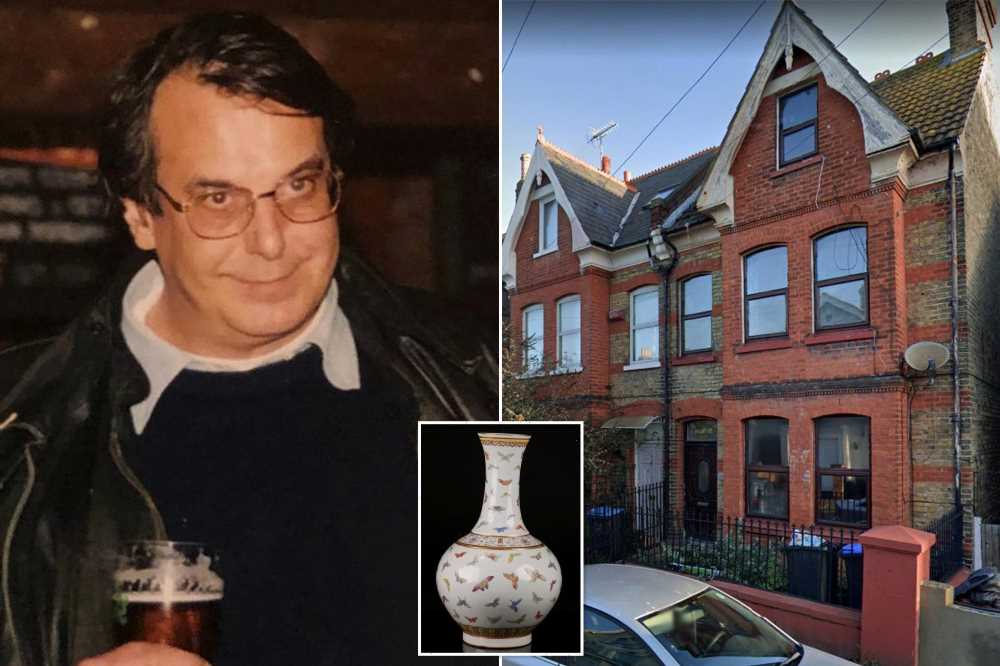Dozens of cancer patients will no longer need to travel to Australia for a life-extending treatment as it is now being made available at Auckland City Hospital.
Health Minister Andrew Little has this morning announced a therapy called Peptide Receptor Radionuclide Therapy (PRRT) will be used to treat up to 40 patients a year.
“We used to send patients to Melbourne for PRRT, but travel restrictions as a result of the Covid-19 pandemic has made that difficult,” Little said.
PRRT is a treatment used to manage symptoms of a certain type of cancer known as neuroendocrine tumours which can be found in most parts of the body.
Ewa Phillips, 57, is just one cancer patient to benefit. She said having the treatment available in Auckland means she can start enjoying life again.
“Every night after dinner I was in chronic pain, I didn’t sleep and would be tucked up with a wheat bag relying on pain medication, now after trialling PRRT 95 per cent of my pain is gone,” Phillips said.
The Mangawhai mum-of-three was diagnosed with pancreatic cancer in June last year during the height of the Covid-19.
“It was very difficult, so frightening,” she said.
Surgery wasn’t an option and this therapy effective in treating cancers like Phillips’ was only available in Melbourne if she paid for it herself.
But due to the pandemic, even that wasn’t an option. So for months she suffered not knowing how long she had left to live.
Then in March, a PRRT trial was made available at Auckland City Hospital and it changed her life, she said. She’s had two rounds so far – an infusion that takes five to six hours.
While Phillips said the type of cancer she had would be with her for life and she doesn’t know long she has to live, this treatment has meant the time she does have can be enjoyed.
Dunedin oncologist Chris Jackson said he had seen many patients pay a fortune out of their own pockets to get the treatment in Australia and sadly, he had seen many who couldn’t pay and suffered.
“This is a fantastic development.”
Since September, the hospital has been running an interim service which is now being made permanent.
It was expected to cost $1.9 million in the first year and $1.6m a year after that.
The service was being jointly funded by district health boards and supported by Te Aho o Te Kahu (the Cancer Control Agency), the Unicorn Foundation and the Ministry of Health.
Source: Read Full Article

/cloudfront-ap-southeast-2.images.arcpublishing.com/nzme/7H665TXIGXN2HIHZ4HIWI4GQW4.jpg)
/cloudfront-ap-southeast-2.images.arcpublishing.com/nzme/3GCRZYFG4UDN2KLWDEIQX3LEGE.jpg)

